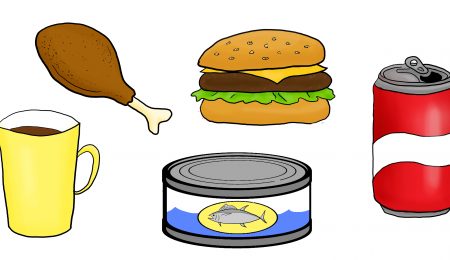Tips for following through on your academic resolutions
Photo by Marta Kierkus
By the end of every semester, when you have (at least) a month’s worth of readings to do, five papers and four exams to write, and 12 panic attacks lined up, you begin to think: How did I get here?
It happens every semester, and you know that if you just planned ahead a little bit more, you might be able to survive exam period without all the moments spent in tears re-evaluating your life choices. Was it reading week when instead of catching up on readings you watched every season of Gilmore Girls? Or maybe the weekend you told yourself you’d buckle down, but instead went to your best friend’s cat’s birthday party?
Regardless of how you got to this point, you promise yourself that next semester will be different. Your New Year’s resolution has always been simple: be a better student.
Here are some tips to make this seemingly improbable resolution possible.
1. Make a calendar
I need to visualize when all my assignments are due in order to better plan for them. At the beginning of the semester, mark down when all your papers, assignments, presentations, and exams are due, and from there, assess your priorities. If you have three papers due in a week, make sure you finish one a week or two prior. Anything to even out your workload come the end of the semester will help.
2. Find a study space (and maybe a buddy, too)
Try to find a space that encourages productivity. If you study in your bed or on the couch, places where you usually sleep and watch TV, you probably aren’t going to be very productive because your mind associates that space with another purpose. Maybe the library works best, as seeing other people working may encourage you to focus. Or, maybe you prefer the ruckus of a coffee shop, or the stability of your kitchen table. Bring a friend, if that helps. Figure out what works for you, and do it.
3. Figure out your mental clock
In this lifetime, I will never, ever wake up early to study. I will gladly stay up till 4 a.m. instead and sleep until noon. I know this about myself, so I don’t even bother telling myself otherwise. Figure out when your brain works best, and try to work your schedule around that.
4. Discover the magic of lists
Make them! They will help you track what you’ve done, which will make you feel better, and what you still need to do.






